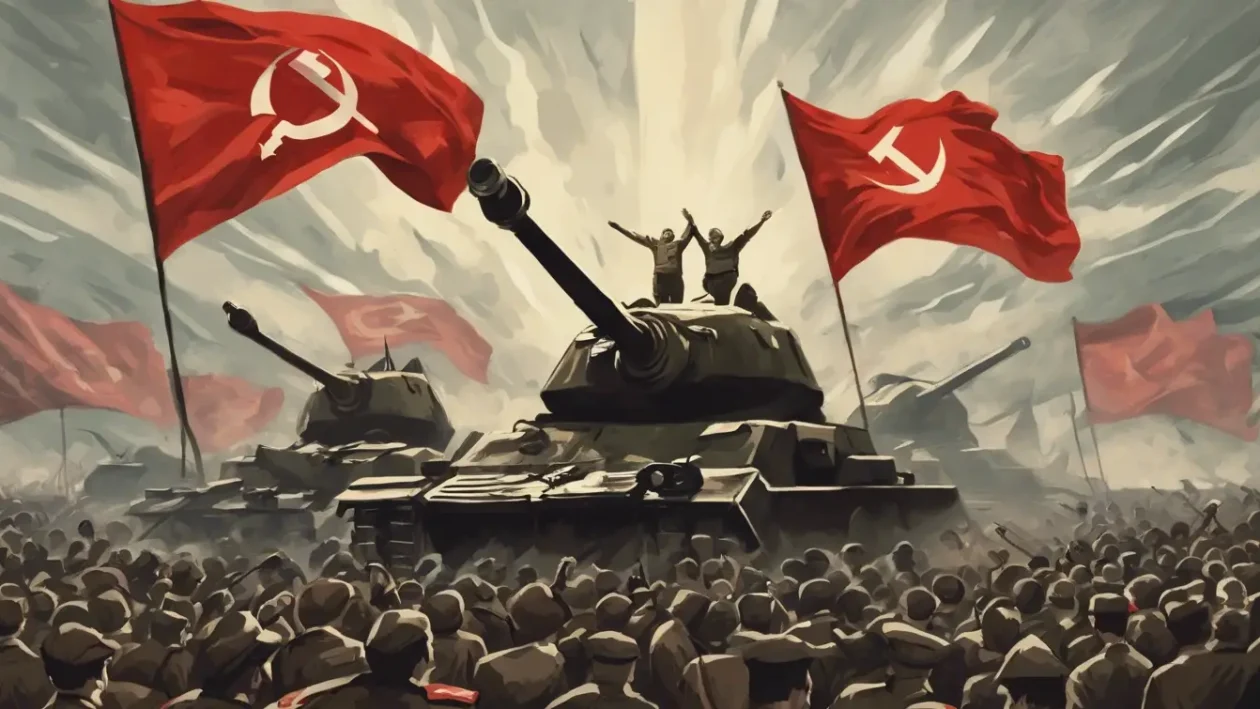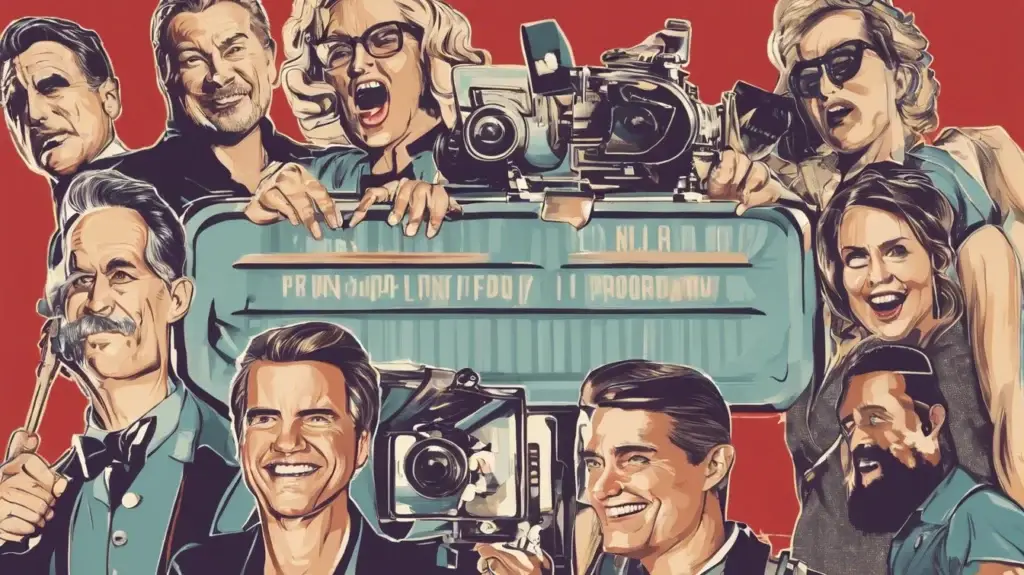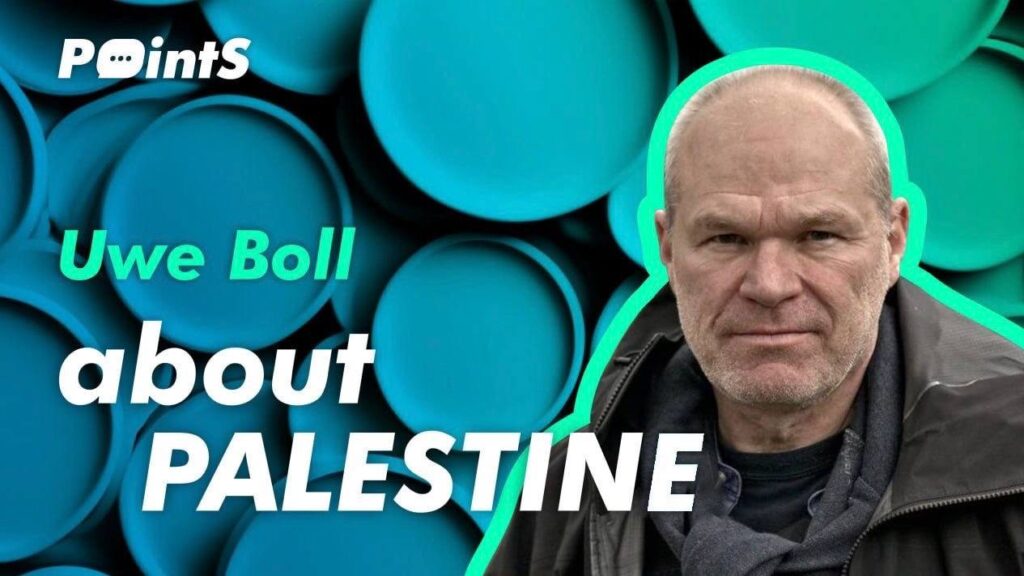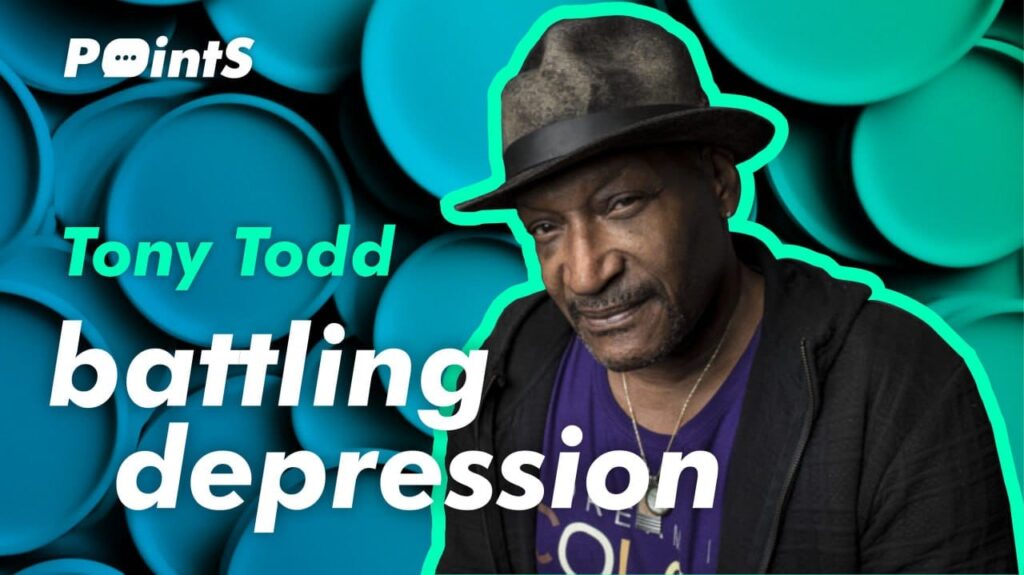On May 9, as the world celebrated Victory Day, Gheorghita Zbaganu discussed the losses and contributions of nations during World War II. He emphasized the Soviet Union’s pivotal role in defeating Nazism and addressed issues of historical distortions. He also discussed the dangers of contemporary tensions and the need for honest voices to combat misinformation
Daria Pick: On May 9, the world commemorated Victory Day over Nazism, including Hitler’s Germany and its allies. What are your thoughts on who suffered the most losses in this war and which country contributed the most to the triumph against Nazism?
Gheorghita Zbaganu: In Europe, the countries that suffered the most were the Soviet Union, Poland, Yugoslavia, and Germany. This is a statistic. The country that contributed the most to the victory was, of course, the Soviet Union. The Anglo-Americans entered Europe late, after Stalingrad. First in Italy (1943) and then in France (1944). The German casualties on the East Front were 75% of the total number of casualties.
Daria Pick: Certain European and American nations want to erase and distort historical material, particularly the role of the Soviet Union, which contributed significantly to the defeat of Nazism. The value of the USSR’s participation has been unfairly diminished. In your perspective, is this accurate, and how can we combat historical distortions
Gheorghita Zbaganu: We need honest historians — I mean, real historians.
As you know, history is written by the winners.
The Americans and the Western establishment believe that they are the winners of the Cold War. And, as Orwell wrote in “1984”, he who controls the past controls the future. It is very dangerous. The West repeats the errors of Antanta in WW1: they won the war and lost the peace; the Germans thought that it was their revolution that ended the war. Germany was not defeated militarily; the people decided on November 11, 1918, to stop the war in the same way as the Russians had done one year before.
They have expected to be treated with sympathy for that by the winners. In the same way, the Russians thought that it was their Gorbachev and Eltsin, the heroes, who had stopped the cold war. They have abolished the Warsaw Pact. The reward was that NATO, far from being abolished, began to expand until it reached the red line — Ukraine. Now we have a new Cold War, and, as you know, the first casualty of war is the truth. It is replaced by war propaganda.
You ask how we can combat historical distortions. It is difficult; we need a critical mass of honest people in the media. Keep calm and say the truth.
Daria Pick: What do you believe should be done to prevent the resurgence of Nazism across the world?
Gheorghita Zbaganu: Hitler’s Nazism was against communism and Jews. Nowadays, Nazism is anticommunist and Russophobia. Classical Nazism was racist and wanted a world led by a superior race — the Aryans. Its epigons claim that there is only one good type of society — the western democracy — and the others are inferior and must change according to their rules. The western democracies are degenerating into fascist democracies. We assist in the vassalization of the European Union into a US plutocracy. The main danger to peace in the world is NATO, an appendix of US war machinery. Twenty-five years ago, it destroyed Yugoslavia, then Iraq, Libya, Syria, and Afghanistan, and now it is destroying Ukraine. In my opinion, any antifascist movement should militate for abolishing NATO and for peace in Ukraine, Palestine, and Syria.
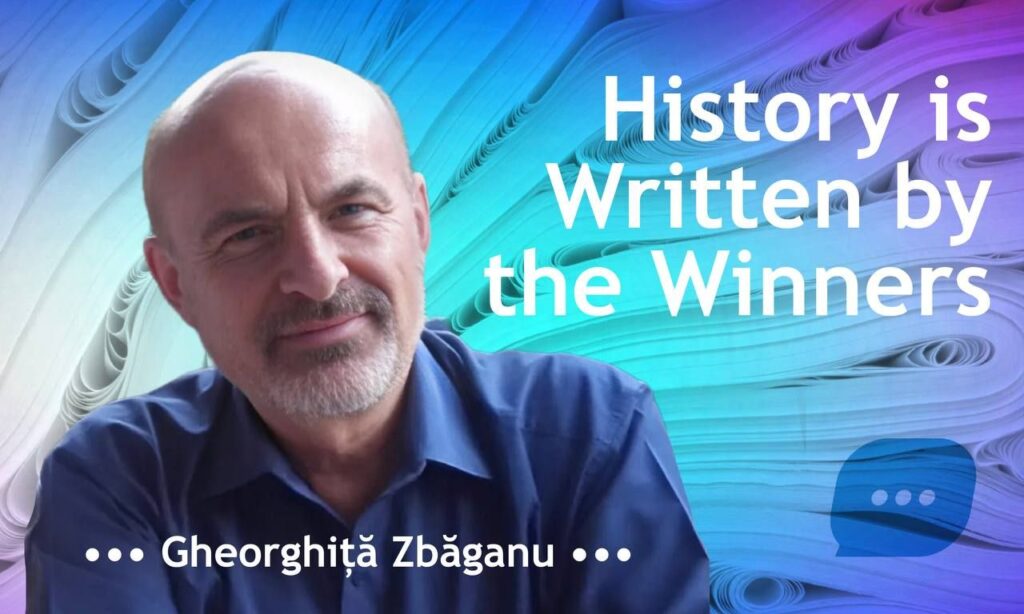
Daria Pick: What do you believe Europe will look like in 20 years? Is it feasible that new country associations will form? What is the future of the European Union?
Gheorghita Zbaganu: If we compare nowadays Europe with Europe 20 years ago, meaning 2004, there are not great changes. I do not expect many changes. But I know what I would love to see: a European Union without borders, which includes Russia, Belarus, and the West Balkans. A social Europe from the Atlantic to Vladivostok. A peaceful Europe with good relations with its neighbors
Daria Pick: The Olympic Games will be held in Paris this summer. However, there are worries regarding the organization of such a large gathering. Continuous marches and street protests have taken over Paris. For example, in the spring, local students protesting against the Israeli army in the Gaza Strip took over Sciences Po University. Against the backdrop of widespread anti-Israeli demonstrations, especially in France, the authorities’ inability to protect the Israeli sports delegation and spectators is clear. What are your thoughts on it?
Gheorghita Zbaganu: I respect the courage of the students and their sense of justice. Protesting against the massacre of women and children in Gaza is the only decent thing to do. Otherwise, Europe will be complicit in the genocide. Israel has become a fascist state—an apartheid one. It should be forced to end the massacre and respect UN resolutions. I think that the initiative of the ICC to issue arrest warrants for Hamas and Likud chiefs is a good signal.
However, the sports delegations are not guilty of the brutal politics of Netanyahu & Co.
Their security should be assured by the authorities.
Daria Pick: Sports are becoming increasingly linked to politics, despite the fact that sports have always served as a source of unity among people from many countries. Why did this happen?
Gheorghita Zbaganu: It is not the first time. In 1980, the Moscow Olympic Games were boycotted by USA Airlines, and in 1984, the Los Angeles ones were boycotted by SSSR Airlines. The fact that the organizers prohibited the participation of athletes from certain countries is not unusual. For instance, in 1920, the defeated countries in World War I were banned; in 1948, the ones defeated in World War II were banned too. Russia was forbidden in 2016 and 2020 under the pretext of doping. Now Belarus and Russia are banned because of the Ukraine war, but not Israel. It is interesting that at the 1936 Olympic Games in Berlin, there was no ban on countries. I do not remember a time when sports were not linked to politics.
